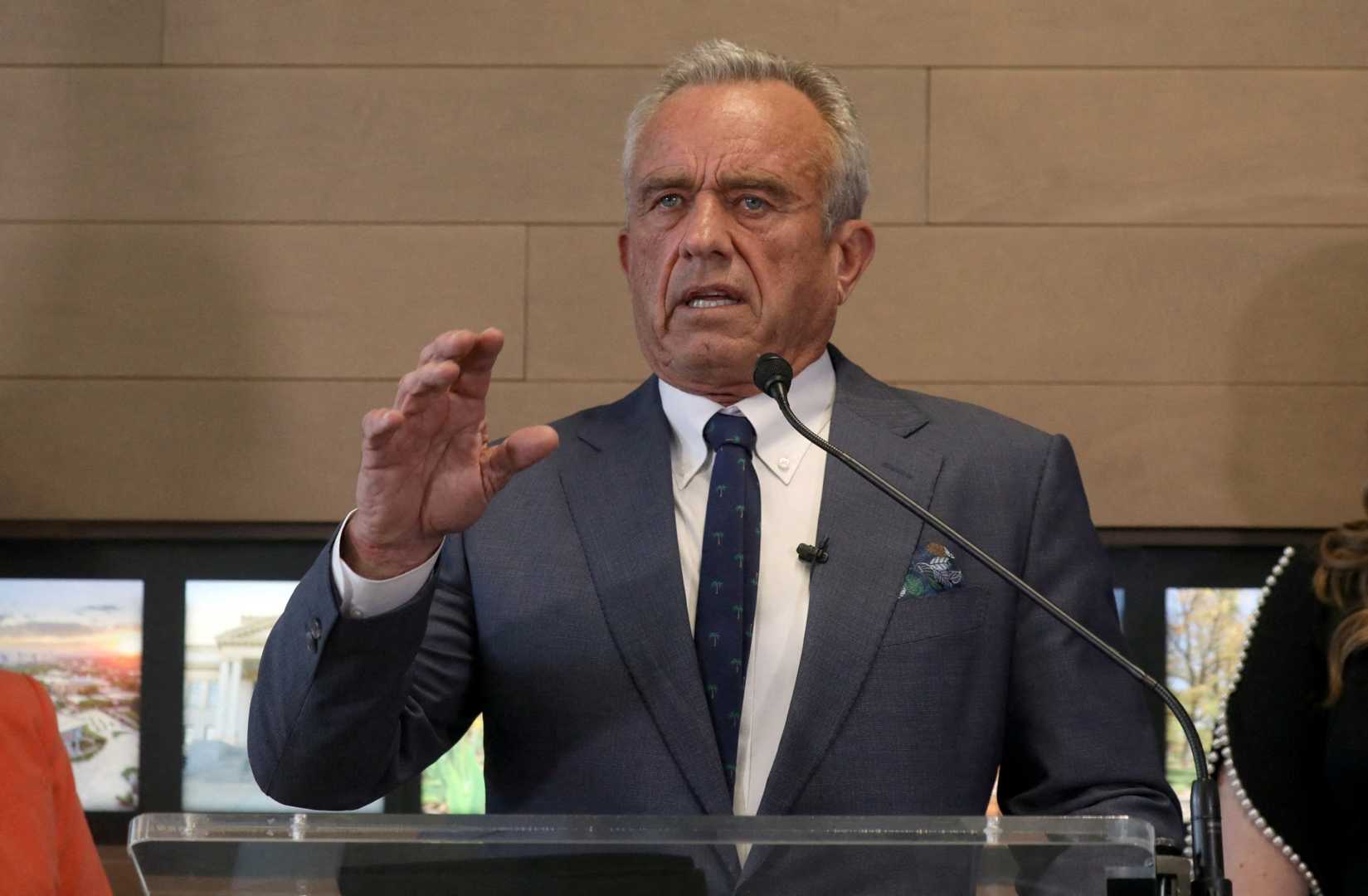Health
Health Secretary’s Controversial Measles Response Draws Criticism Amid Outbreak

WASHINGTON, D.C. — U.S. Health and Human Services Secretary Robert F. Kennedy Jr. has come under fire for his handling of a significant measles outbreak in Texas, with public health experts arguing that his response fails to endorse effective vaccination efforts.
This statement followed Kennedy’s appearance at the funeral of a third measles victim over the weekend, during which he claimed that the U.S. response to the outbreak should be a “model for the world.” Criticism arose from health officials who contend that Kennedy neglected to fully support the widespread use of a highly effective vaccine while the outbreak continues to grow.
As of now, Texas has reported nearly 600 cases linked to the outbreak, primarily concentrated in Gaines County, with experts indicating the true number of infections may be underreported. “There continues to be a rise in case counts, but the growth rate appears to have decreased significantly,” Kennedy asserted during a press conference, emphasizing his administration’s efforts amidst the crisis.
Health officials are skeptical of Kennedy’s claims, citing minimal evidence to support the assertion that the situation is improving. “The data we have shows a substantial underreporting of cases,” said Susan Polan, associate executive director of the American Public Health Association, who criticized the Secretary’s neglect of the vaccine endorsement.
In fact, prior to this outbreak, the United States had not experienced a measles death since 2015. The current outbreak has now resulted in three deaths and hundreds of illnesses, prompting concerns over the adequacy of local health resources. Kennedy also announced plans for the CDC to deploy staff to Texas, although the effectiveness of this response remains in question.
CDC data indicates that the measles vaccine provides 97% protection after two doses. However, the response to communicable diseases like measles has been complicated by rising anti-vaccination sentiments. Before Kennedy took office, debates surrounding vaccine safety escalated against the backdrop of misinformation propagated by various factions.
In an interview with CBS News, Kennedy maintained that individuals should be encouraged to receive the measles vaccine but emphasized that vaccination should not be mandated by the government. His stance has raised eyebrows, as health officials and the general public expect stronger advocacy for vaccines during an outbreak.
The situation is further complicated as public health departments face funding cuts from federal sources, which impacts their ability to manage and respond to outbreaks effectively. “With these recent budget cuts, our capacity to track and trace measles cases is severely hampered,” said Katherine Wells, director of Lubbock Public Health.
Local officials in affected areas have already reported instances of measles exposure resulting in illness among unvaccinated children, underscoring the need for urgent vaccination efforts. “The time to act is now—especially for those who haven’t received their second dose,” Wells added.
Experts worry that the current outbreak could threaten the U.S.’s measles elimination status achieved in 2000. “We’re at a crucial junction here. If vaccination rates do not improve, we could see measles becoming endemic again,” said Dr. Amesh Adalja, a senior scholar at the Johns Hopkins Center for Health Security.
The response to the outbreak has drawn comparisons with the situation in Europe, where experts noted a significantly higher number of cases and deaths. While Kennedy attempted to draw parallels between the situations, many have pointed out that comparisons across such diverse healthcare environments can be misleading. “Areas like Romania and Kazakhstan have vastly different healthcare systems than what we see in the United States,” concluded Dr. John Brownstein, an epidemiologist and ABC News contributor.












